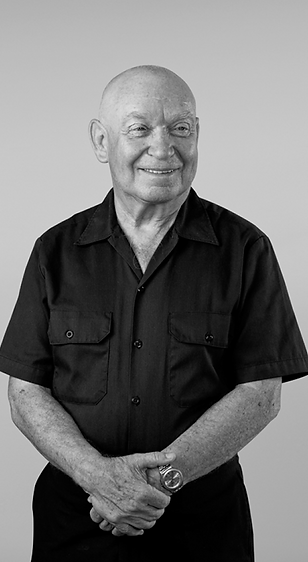Sami Steigmann, a Holocaust survivor from Czernowitz, in what is now Ukraine, will speak Monday, May 8, at 5 p.m. in Old Chapel.
The event is free and open to the public. It takes place during Jewish American Heritage Month, created in 2006 to recognize Jewish contributions to American culture, history, military, science, government and more.
“This is a rare opportunity to hear one of the few living survivors of the Holocaust tell their story,” said Laiky Rubin, adviser to Chabad at Union, which is organizing the event.
It is co-hosted by Chi Psi, Delta Phi Epsilon, Hillel, the Department of History, the Office of Intercultural Affairs, the Office of and Religious and Spiritual Life, the Religious Studies Program and Sigma Delta Tau.
Actively engaged in speaking at schools and other organizations, Steigmann is passionate about his role of sharing his perspective on hope, life and faith. He calls his mission E.M.E.T.: Educate, Motivate, Empower, Tolerance. Emet is the Hebrew word for truth.
Steigmann was born in 1939, when Czernovitz was part of Romania. Later, it became part of former Soviet Union. From 1941 to 1944, Steigmann was imprisoned with his parents in a Nazi labor camp in Mogilev Podolsky, in an area called Transnistria. In his early years, he was subjected to Nazi medical experimentation, whose side effects he said he has felt every day of his life.
He was near death when a German woman who brought food to the guards noticed his condition and smuggled milk to him. The camp was liberated by the Red Army, and Steigmann and his family were deported by the Romanians. They lived a spare existence in Reghin, Transylvania, before emigrating to Israel in 1961.
Steigmann served in the Israeli Air Force and became an accountant. He moved to the U.S. alone in 1968 and settled in New York City in 1988, learning English from television commercials. He has said he would like to be remembered as someone who has gone from being a victim of an atrocity to a survivor to “a moral witness,” teaching others to become better people.
His most important mantra is "I am not what happened to me, I am what I choose to be," which is a focus of his presentation.
Read more about Steigmann at samispeaks.com
